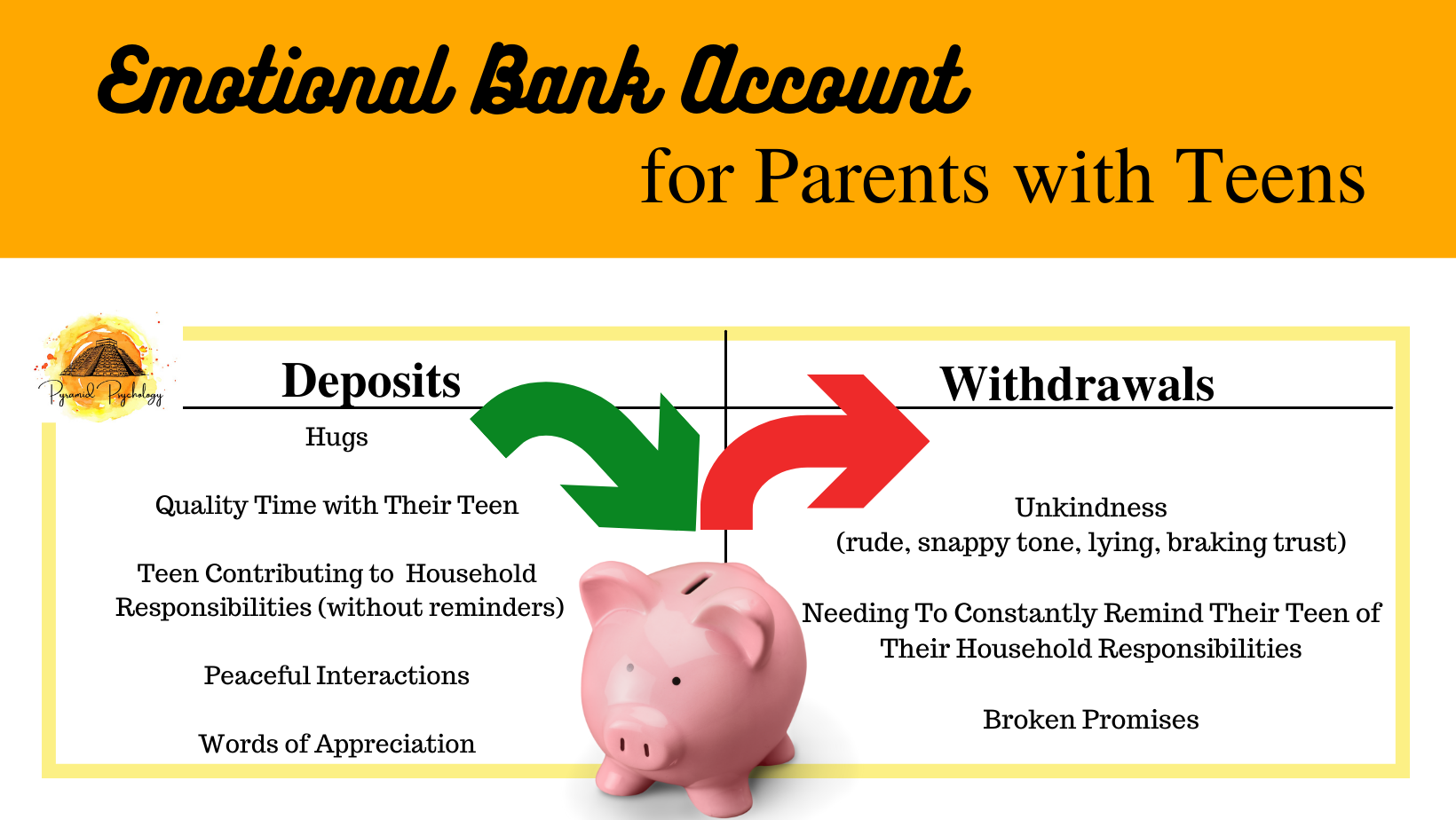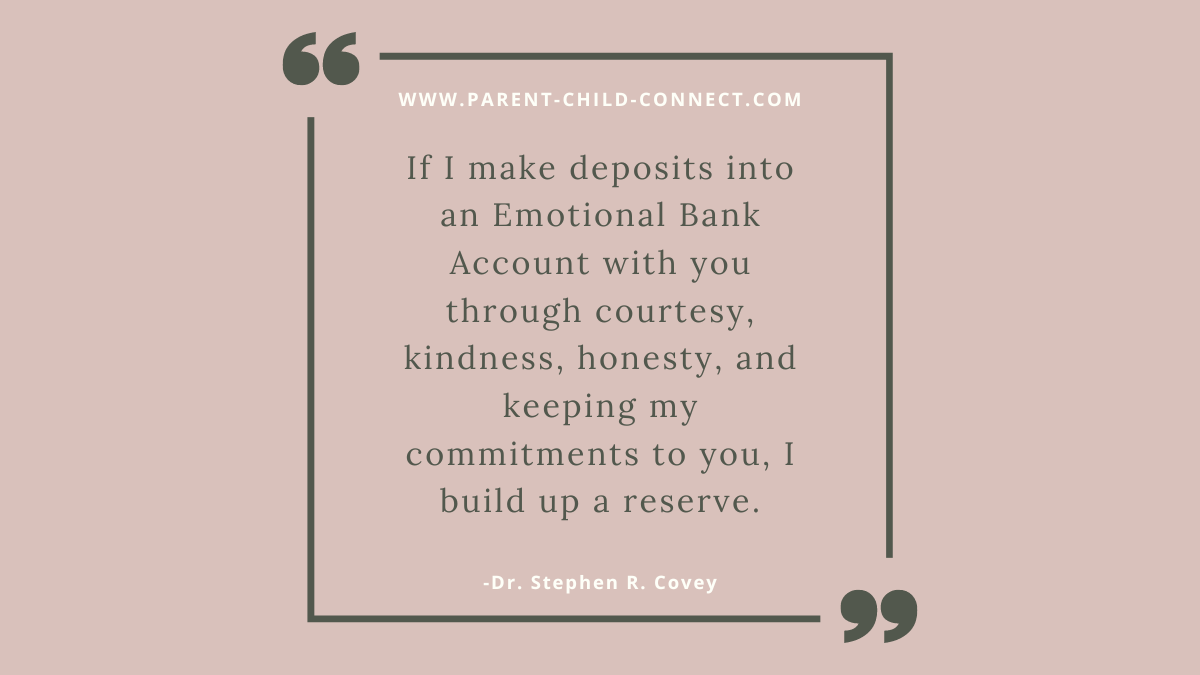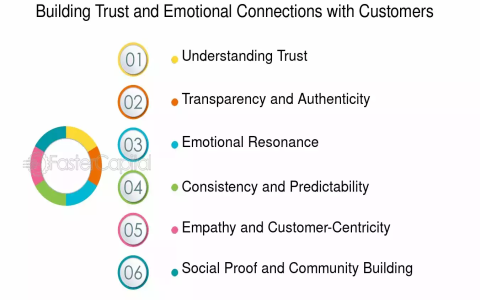Today, I tried something called an “emotional bank account.” It’s like a regular bank account, but instead of money, you deposit and withdraw emotions.

I started by thinking about the important people in my life, like my family and friends. Then I wrote down their names on a piece of paper.
Next, I thought about the recent interactions I’d had with each person. For each interaction, I tried to identify whether it was a positive one (a deposit) or a negative one (a withdrawal). It was kind of tricky at first, but I got the hang of it.
- For example, when I helped my mom with the groceries, I considered that a deposit into her emotional bank account.
- When I argued with my sister over something silly, I marked that down as a withdrawal.
I used plus and minus signs to keep track of the deposits and withdrawals. It was interesting to see the balance for each person. Some people had lots of pluses, while others had more minuses.
After I finished mapping out these interactions, I started thinking about ways to make more deposits. I realized that even small things, like saying “thank you” or giving a compliment, could make a difference.
What I learned
It made me more aware of how my actions affect others. It’s easy to get caught up in our own stuff and forget that our words and actions have an impact.

I also realized that it’s important to make regular deposits, just like with a real bank account. You can’t just make a bunch of withdrawals and expect the account to stay healthy.
I’m going to keep practicing this “emotional bank account” thing. I think it’s a useful tool for building stronger relationships. Maybe it will help me be a little bit better of a human. You never know, right?









